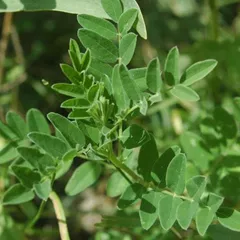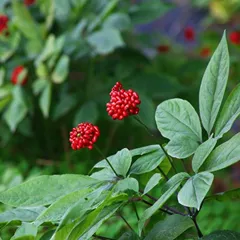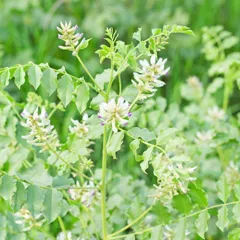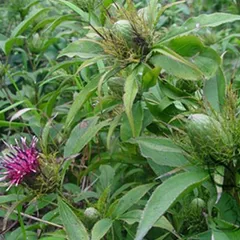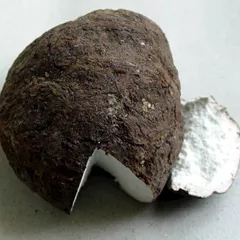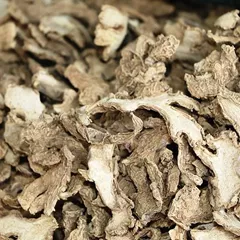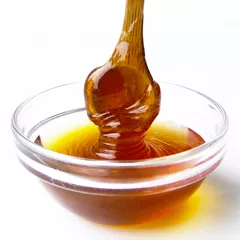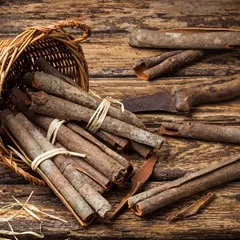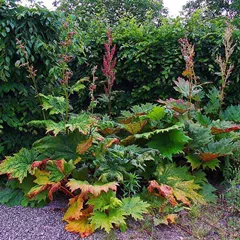Bao Yuan Tang
Bao Yuan Tang
Chinese: 保元汤
Pinyin: Bǎo Yuán Tāng
Other names: Preserve the Primal Decoction, Preserving the Source Decoction,
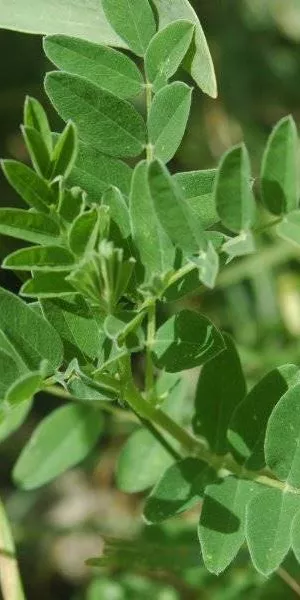
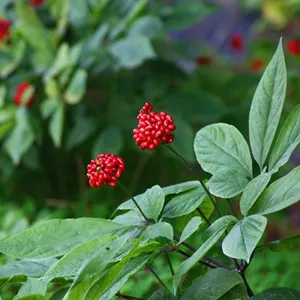
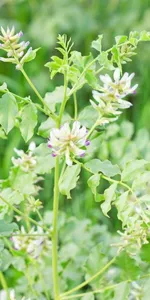
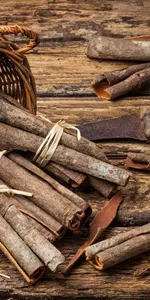
Bao Yuan Tang
Bao Yuan Tang
Chinese: 保元汤
Pinyin: Bǎo Yuán Tāng
Other names: Preserve the Primal Decoction, Preserving the Source Decoction,
Number of ingredients: 4 herbs
Formula category: Formulas that tonify Qi
Main actions: Tonifies the Qi and warms the Yang
Source date: 1624
Source book: Collected Treatises of[Zhang] ]ing-Yue
The information provided here is not a replacement for a doctor. You shouldn't use it for the purpose of self-diagnosing or self-medicating but rather so you can have a more informed discussion with a professional TCM practitioner.
Bao Yuan Tang is a 4-ingredient Chinese Medicine formula with Milkvetch Roots (Huang Qi) as a principal ingredient.
Invented in 1624, it belongs to the category of formulas that tonify Qi. Its main action is that it tonifies the Qi and warms the Yang.
On this page, after a detailed description of each of the four ingredients in Bao Yuan Tang, we review the patterns and conditions that Bao Yuan Tang helps treat.
The four ingredients in Bao Yuan Tang
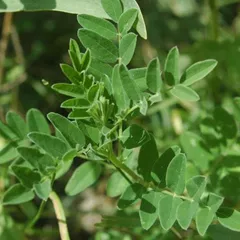
Huang Qi is a king ingredient in Bao Yuan Tang. Like the name indicates, it means it has more power than other ingredients in the formula.
1. Milkvetch Roots (Huang Qi)
In general Huang Qi's main actions are as follows: "Tonifies the Wei Qi and stops perspiration. Tonifies the Spleen Qi and the Yang Qi of the Earth Element. Tonifies the Qi and Blood. Expels pus and assists in the healing of wounds. Helps to regulate water metabolism in the body and reduce edema."
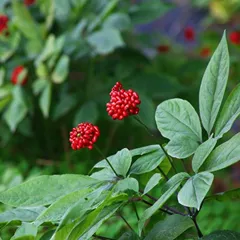
2. Ginseng (Ren Shen)
Part used: Dried root
Nature: Warm
Meridian affinity: HeartLungSpleen
Category: Tonic herbs for Qi Deficiency
In general Ren Shen's main actions are as follows: "Very strongly tonifies the Qi. Tonifies the Lungs and Spleen. Assists the body in the secretion of Fluids and stops thirst. Strengthens the Heart and calms the Shen (mind/spirit)."
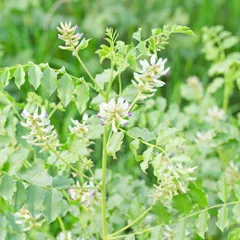
3. Liquorice (Gan Cao)
Part used: Dried root and rhizome
Nature: Neutral
Taste(s): Sweet
Meridian affinity: HeartLungSpleenStomach
Category: Tonic herbs for Qi Deficiency
In general Gan Cao's main actions are as follows: "Tonifies the Basal Qi and nourishes the Spleen Qi. Clears Heat and dispels toxicity. Moistens the Lungsexpel phlegm and stop coughing. Relieves spasms and alleviates pain. Harmonizes and moderates the effects of other herbs."
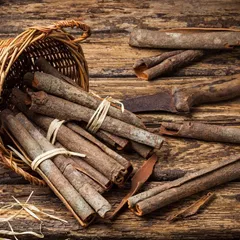
4. Cinnamon Bark (Rou Gui)
In general Rou Gui's main actions are as follows: "Warms the Spleen and Kidneys and tonifies the Yang. Expels Cold, Warms the meridians, promotes circulation of Qi and Blood and relieves pain. Used with tonics to assist in the generation of Qi and Blood."
Conditions and patterns for which Bao Yuan Tang may be prescribed
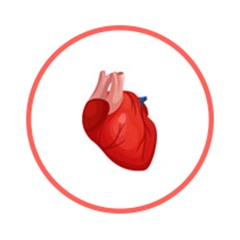
The Heart is a so-called "Zang" Organ. Learn more about the Heart in Chinese Medicine
Heart Qi Deficiency
Pulse type(s): Empty (Xu)
Symptoms: Fatigue Pale face Palpitations Spontaneous sweating Shortness of breath on exertion
Bao Yuan Tang is sometimes prescribed by TCM practitioners to treat Heart Qi Deficiency. This pattern leads to symptoms such as palpitations, shortness of breath on exertion, pale face and spontaneous sweating. Patients with Heart Qi Deficiency typically exhibit empty (Xu) pulses.
Heart Qi Deficiency includes general signs of Qi deficiency (such as shortness of breath, spontaneous sweating, pale face and fatigue) with the addition of palpitations, which is the characteristic symptom of Heart Qi Deficiency.
"Palpitations" here indicates a subjective feeling of the patient... read more about Heart Qi Deficiency

The Heart is a so-called "Zang" Organ. Learn more about the Heart in Chinese Medicine
Lung and Heart Qi Deficiency
Pulse type(s): Empty (Xu)
Symptoms: Coughing Tiredness Weak voice Depression Palpitations Pale complexion Frequent sighing Aversion to speak Shortness of breath Spontaneous sweating Frequent Colds or Flu
Bao Yuan Tang is sometimes prescribed by TCM practitioners to treat Lung and Heart Qi Deficiency. This pattern leads to symptoms such as shortness of breath, coughing, weak voice and aversion to speak. Patients with Lung and Heart Qi Deficiency typically exhibit empty (Xu) pulses.
In terms of typical manifestations, Heart Qi Deficiency and Lung Qi Deficiency share many common ones such as spontaneous sweating, fatigue and pale face. The combined Deficiency of both Organs is quite common to be seen as a result of emotional stress such as sadness, grief and worry.
Other than... read more about Lung and Heart Qi Deficiency
Formulas similar to Bao Yuan Tang
Ju Yuan Jian is 60% similar to Bao Yuan Tang
Si Jun Zi Tang is 50% similar to Bao Yuan Tang
Li Zhong Wan is 50% similar to Bao Yuan Tang
Huang Qi Jian Zhong Tang is 43% similar to Bao Yuan Tang
Shi Quan Da Bu Tang is 40% similar to Bao Yuan Tang
Wen Pi Tang is 40% similar to Bao Yuan Tang

